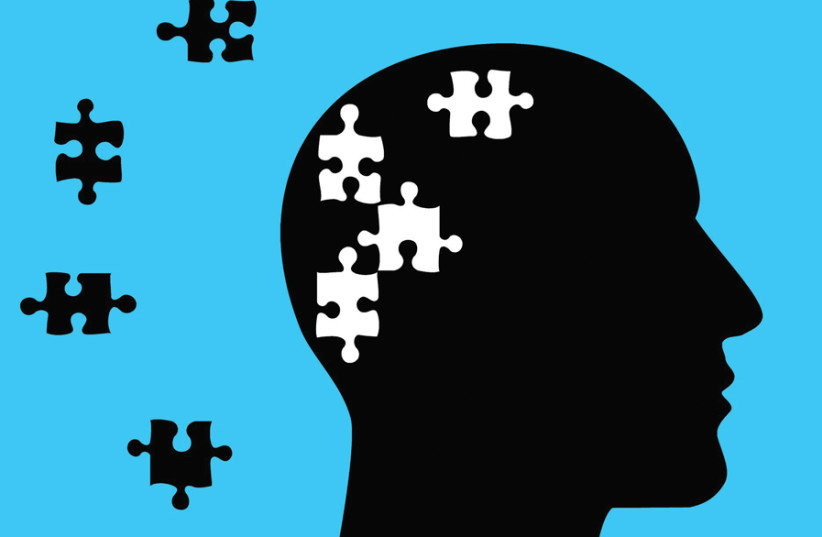[ad_1]
More than a quarter of people aged 18 to 24 in the United States and almost a third of adult caregivers seriously considered suicide in June, as the coronavirus pandemic continues to have a significant negative impact on mental health. The finding, reported in the Centers for Disease Control and Prevention’s Morbidity and Mortality Weekly Report Friday, was based on a survey of 5,412 people conducted by Qualtrics between June 24 and June 30. The coronavirus pandemic has been linked to an increase in mental health issues for a variety of reasons, including morbidity from the disease itself and mitigating issues such as social distancing and stay-at-home orders. Some 40.9% of respondents reported at least one adverse mental or behavioral problem overall: 31% reported experiencing symptoms of anxiety or depression in the 30 days preceding the survey, while 26 % reported trauma or stress-related symptoms. About 13% of those surveyed said they had started or increased substance use as a coping mechanism, while overall 11% of those surveyed said they had seriously considered suicide. However, the pandemic appears to have had a particularly damaging effect on people between the ages of 18 and 24. About 75% of young people reported having at least one adverse mental or behavioral health symptom, making them by far the most affected demographic. Symptoms of anxiety or depression were most commonly experienced, with 63% of 18-24 year olds reporting symptoms related to anxiety. Almost half (46%) reported symptoms of a trauma and stress disorder TSRD, while a quarter (25%) reported using substances to cope with stress or emotions related to the pandemic . And 25.5% of young people said they had seriously considered suicide in the 30 days before the survey. Unpaid caregivers were also vulnerable, with two-thirds reporting at least one side effect, again, the most common being anxiety or depression, which affected 58% of caregivers. About 31% of caregivers had considered suicide. The second most affected demographic group was those with less than a high school education: 30% of people in this demographic had feelings of suicide, while 66% had experienced at least one negative impact. Knowing someone who has died from COVID-19 seemed to have little impact on whether or not people experience adverse mental health effects. Some 40.1% of those who knew someone who had died of the disease reported having had mental health issues, compared with 41% of those who did not personally know someone who had died of COVID-19. Likewise, 13.4% of those who did not know someone who died of the disease had recently had suicidal thoughts, compared to 11.3% of those who knew a deceased person. The results were a significant increase over those reported for the same period in 2019: cases of anxiety disorder had almost tripled (25.5% vs. 8.1% in 2019); and the prevalence of depressive disorder was about four times higher than reported in 2019 (24.3% vs. 6.5%). The suicidal ideation figures were compared to the 2018 results and showed a doubling of suicidal ideation during this period.
[ad_2]
Source link
